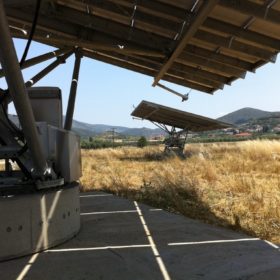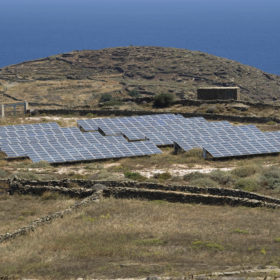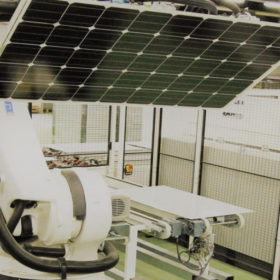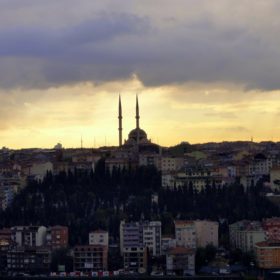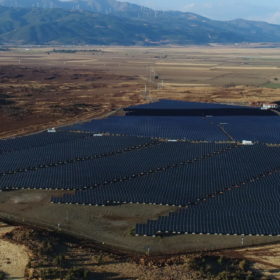UK solar: Records, concerns and a persistent regulator
Although the nation’s PV industry has recently established new landmarks, warnings have been sounded about the immediate outlook for the sector.
More than 6 GW worth of new PV seeking generation licenses in Greece
The country’s PV market has heated up, a fact reflected by the number of applications submitted to the energy regulator seeking a license to generate electricity.
Are Greece’s solar tenders ill-designed?
Greece has run solar tenders on three different occasions in the past year, awarding a total of 546 MW of new PV capacity. In all three instances, Greek consumers were manipulated and the country’s institutions did little to protect them.
Ethiopia announces procurement for 500 MW of solar
Developers have until May 29 to register for the first stage of the process to procure four solar projects. With work under way on the second round of the IFC’s Scaling Solar program in the nation, 12 bidders have been identified to compete for the two projects previously offered under the initiative.
Greece plans to tender extra 300 MW of solar in July
The energy ministry has published a plan for renewables auctions for this year and next. Under the program, Greece’s energy regulator has announced the next PV tender will take place in the summer.
PV hits lowest tariff in Greece’s first solar-wind tender: €0.053
Solar power has broken two records. It offered the lowest tariff in Greece’s first joint PV-wind tender – a payment level that is also the lowest ever awarded a Greek PV project.
Recom to install 20 MW of new solar in Cyprus this year
The French manufacturer and EPC company says it is building a 4.5 MW solar farm in the country as part of a commitment to Cypriot PV in 2019.
Tracking Turkey’s licensed PV market
Turkey’s unlicensed solar market has been the powerhouse of new PV capacity. Given the unlicensed segment is coming to an end, investors are questioning the prospects of the licensed alternative. pv magazine has tracked the progress and future potential of Turkey’s licensed PV market.
EBRD to help Lebanon’s solar plus storage tenders
The nation has plans for two ambitious renewable energy tenders but the procurement process is dragging and Lebanese institutions lack experience in designing such schemes. A solution will be provided by Europe.
Mega projects, mega problems
The clouds gathering over Turkey’s 1 GW solar park in Konya, the first YEKA tender, are dominating discussion among the country’s PV players. Developments surrounding the Konya tender illustrate the Turkish solar market’s challenges, as the country’s unsteady economy and its policy preference for local manufacturing appear to be acting as a brake on installations.

